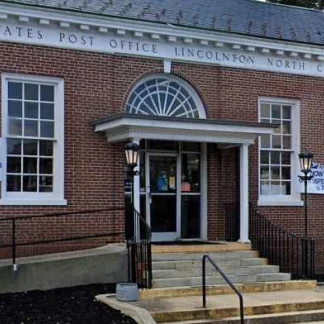Recovery Dynamics
Lincolnton, North Carolina, 326 East Main street, Room B-01, 28092
Available Programs
- Adolescence program
- Adult program
- Program for men
- Program for women
Insurance and Financial
- Self-pay options
About this Facility
Recovery Dynamics offers outpatient treatment mandated by the court for individuals with alcohol and/or substance addiction. The program includes individualized treatment. Recovery Dynamics is located at Lincolnton, North Carolina.
Recovery Dynamics is a privately owned and operated facility, organized to provide outpatient services for persons with substance abuse problems or issues. The facility utilizes individual and group counseling, therapeutic learning and growth experiences to achieve the objectives of the client. The facility is located in the basement offices of the Lincolnton Post Office, three blocks east of the courthouse, at 326 East Main Street, Lincolnton, NC.
Contact us for more information: (704) 735-3507

Contact Recovery Dynamics
Connect with Recovery Dynamics by calling their admissions team directly.
(704) 735-3507 Website Get Directions